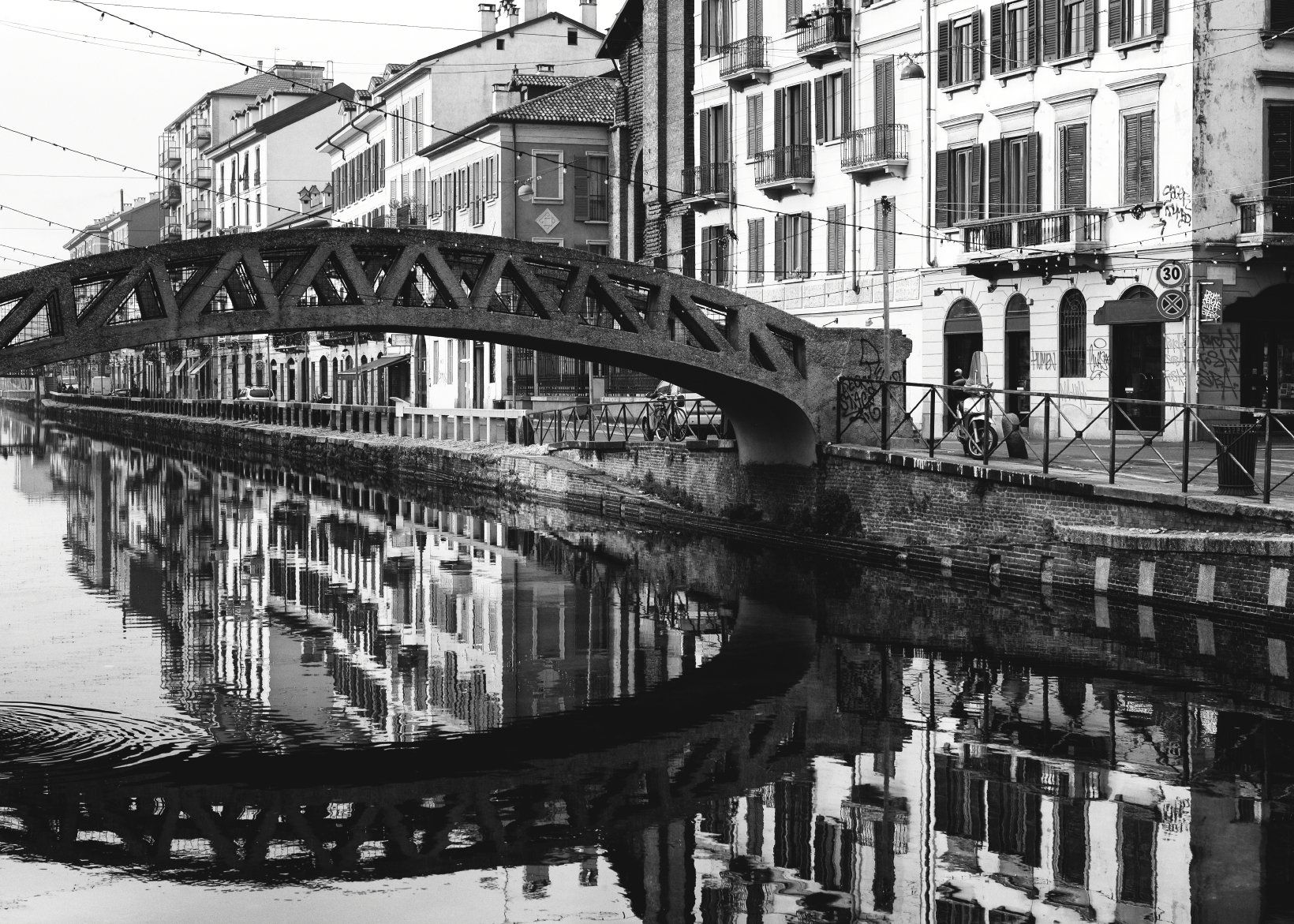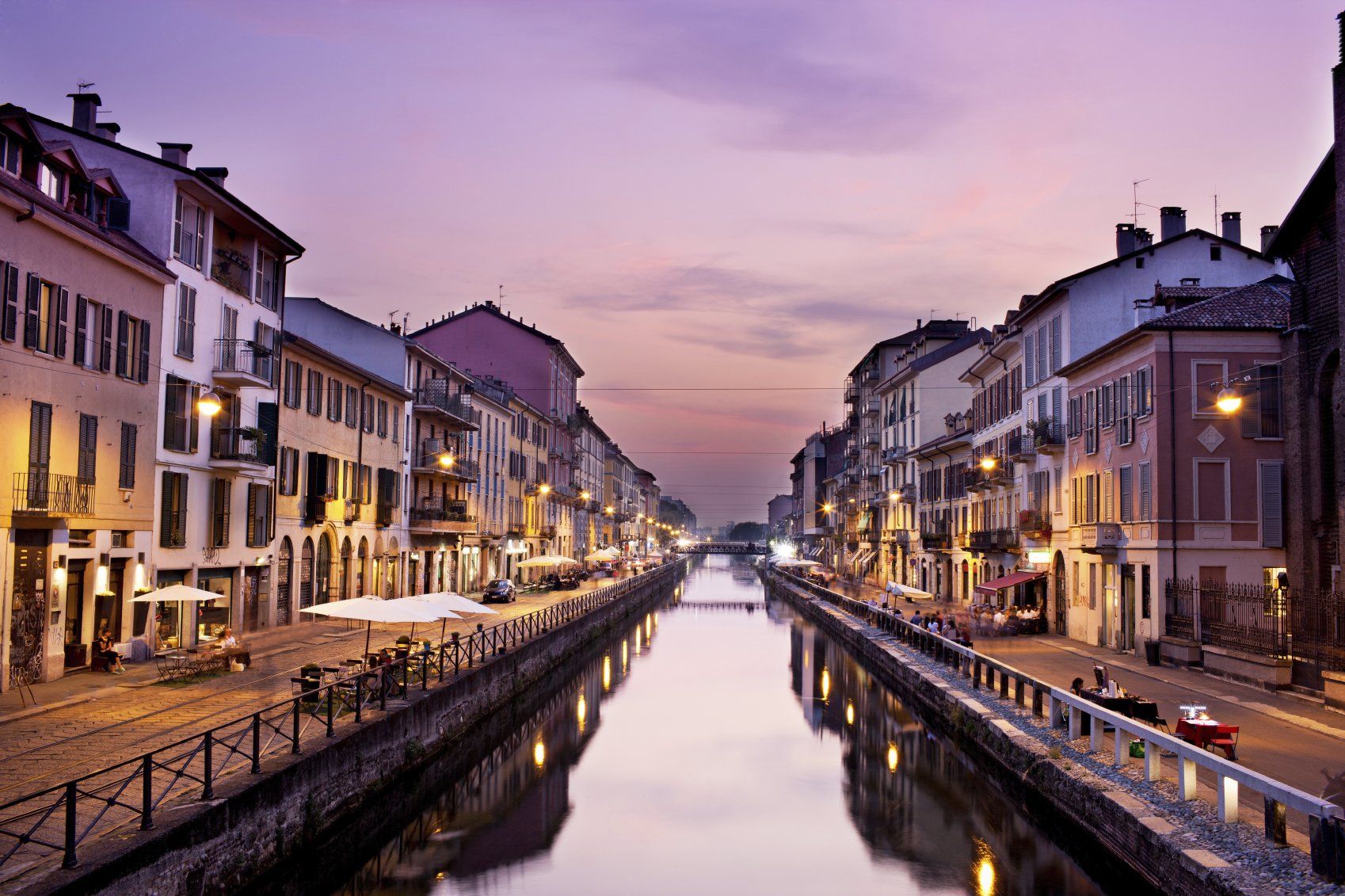Commit to Lifelong Learning
"perpetuam uitae doctrina!"
"Live as if you were to die tomorrow.
Learn as if you were to live forever." Mahatma Gandhi.

About the Italian Language
Enrich Your Life! We are here to point you in the right direction and cheer you on.
Put a foreign language into your portfolio of lifelong-learning activities

Why the Italian Language Has Captivated Hearts Around the World

The Italian language is renowned for its smooth and melodious sound, making it a popular choice for those looking to learn a new language. It has captivated the hearts of millions of people around the world, from Italy to France and the United States.
On this page, we will take a look at why the Italian language has become so beloved, exploring its history, its grammar, and its influence on other languages. We will also discuss how the Italian language can be used to enrich one's life, whether it be for travel, study, or work.
The Beauty of the Italian Language
There's something truly magical about the Italian language. It's often described as melodic and romantic, and for good reason. The sounds of Italian roll off the tongue like a song, with a flow and rhythm that feels almost effortless. It's no wonder that so many people around the world are captivated by the language and want to learn it.
One of the things that makes Italian so beautiful is its musicality. Every word in Italian has a specific stress on a certain syllable, and the emphasis on each syllable gives the language its distinctive rhythm. This musicality is enhanced by the use of vowels, which are used liberally in Italian and add a softness and warmth to the language. Even simple phrases like "Ciao bella" sound like poetry.
Another aspect of Italian that contributes to its beauty is the way that it expresses emotion. Italian is a language that is rich in both vocabulary and intonation when it comes to expressing feelings and emotions. Words and phrases like "Ti amo" (I love you), "Che bello!" (How beautiful!) and "Mi manchi" (I miss you) sound especially poignant when spoken in Italian. The language has a way of bringing out the passion in any conversation.
Perhaps what makes Italian most beautiful, though, is the way it embodies Italian culture. The language is steeped in centuries of history, art, music, and cuisine, and this is reflected in its vocabulary and expressions. Italian is the language of the Renaissance, the language of the great Italian opera composers, the language of culinary delights like pizza and pasta. Speaking Italian means embracing the culture that goes with it, and that in itself is a thing of beauty.
Overall, it's clear to see why the Italian language has captured the hearts of so many around the world. It's a language that is both beautiful and expressive, a language that speaks to the soul. And whether you're a beginner or a fluent speaker, the Italian language will always have something to offer in terms of beauty and inspiration.
